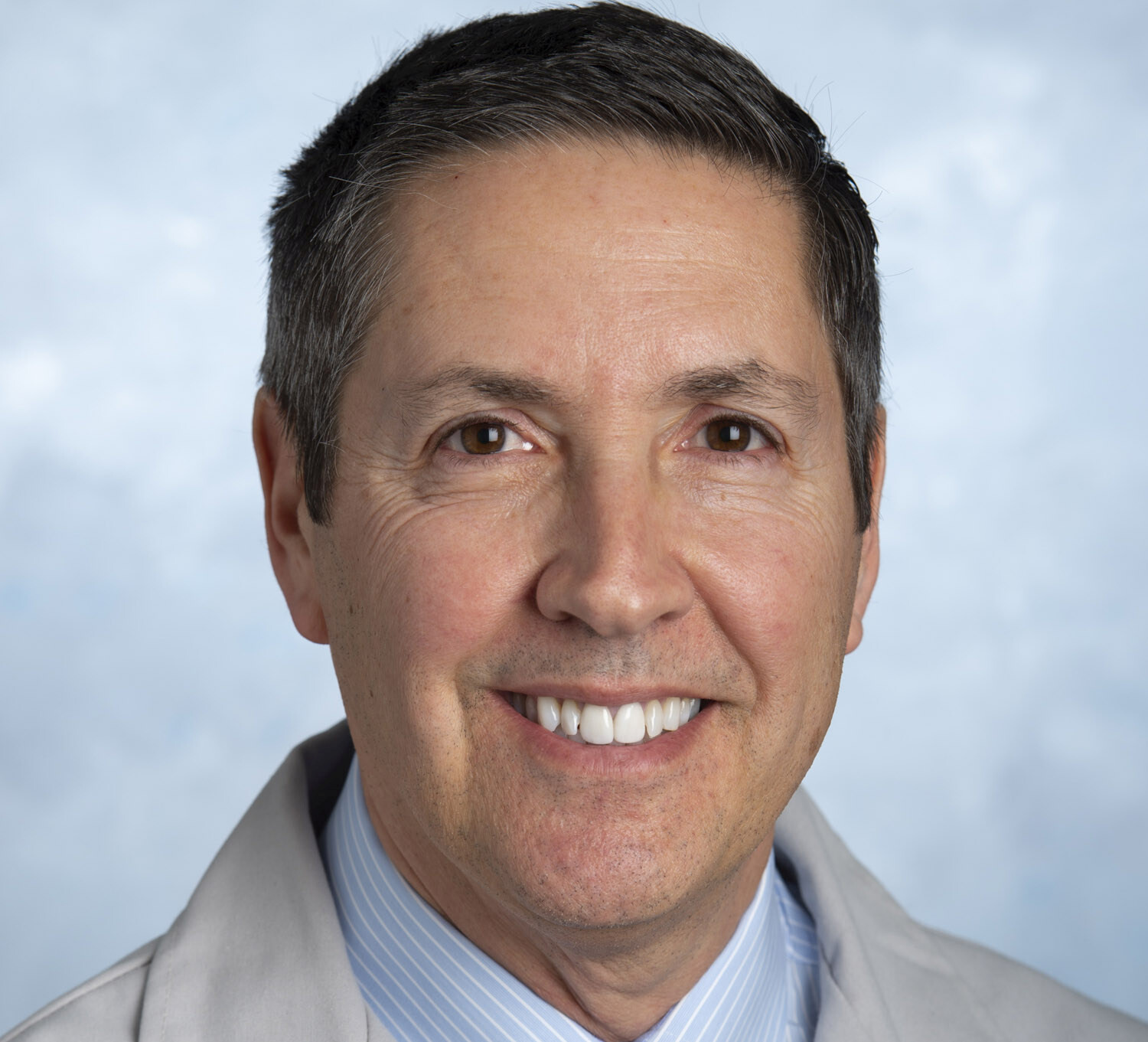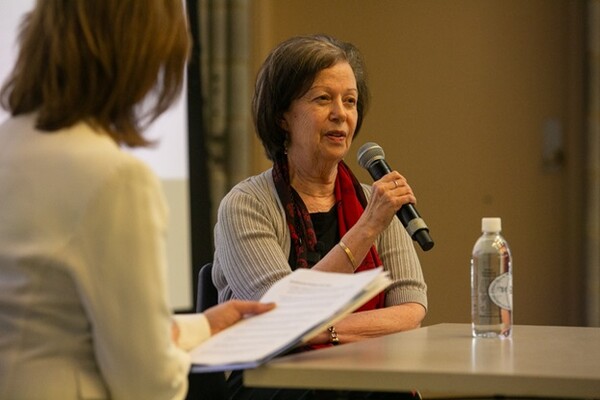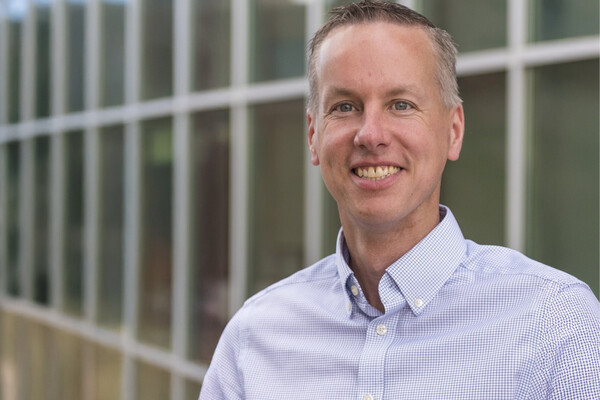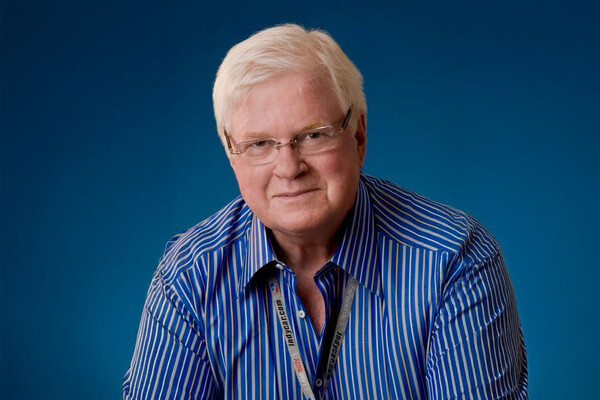Main Second Level Navigation
Breadcrumbs
- Home
- News & Events
- Recent News
- Never Skipping a Beat: Gregory J. Mishkel
Never Skipping a Beat: Gregory J. Mishkel

Dr. Mishkel joined NorthShore in January 2019 as the Division Head of Cardiology, Co-Director of the Cardiovascular Institute and Physician Vice President of Cardiology Operations. He also holds the academic appointment, Clinical Professor, University of Chicago Pritzker School of Medicine. He is a Fellow of the Royal College of Physicians, the American College of Cardiology, and the Society for Cardiovascular Angiography.
Most recently, Dr. Mishkel was Executive Medical Director of the Prairie Heart Institute and Clinical Professor of Medicine at the Southern Illinois University School of Medicine. He has authored more than 50 peer-reviewed publications and two book chapters and is a reviewer of manuscripts for highly regarded cardiology journals.
“Medicine… is truly at its most rewarding when you view it as a mission and a lifetime career. There is no greater honour than to be trusted with the physical and mental health of another human being.”
A multi-degree graduate of U of T, Dr. Gregory Mishkel was recently named the Allstate Foundation/Judson B. Branch Chair of Cardiology by the NorthShore University HealthSystem (NorthShore), based in Evanston, Illinois. On the occasion of this achievement, Dr. Mishkel took some time to reflect on his time in Toronto with Director of Alumni Relations Sara Franca, and shared some thought-provoking insights about his career journey.
Congratulations on this new role as the Allstate Foundation/Judson B. Branch Chair of Cardiology – what road led you to this administrative role, and what opportunities do you plan to explore in this position?
I loved interventional cardiology, but unfortunately suffered through a number of spine-related occupational hazards, mid-way through my career. (Orthopedic and particularly spine-related issues are an endemic risk for many specialties such as cardiology, orthopaedics and neurosurgery – we are required to wear relatively heavy lead to protect us from the radiation used during procedures.)
My third spine surgery was related to an acutely ruptured disc in my neck, which caused paralysis in my right arm. Fortunately, prompt surgical intervention relieved both the pain and weakness, but I realized that it was time to look at alternative career options. I enrolled in an MBA program at Kelly School of Business at Indiana University, thoroughly enjoyed that experience, and took on progressively greater administrative responsibilities.
Ultimately, I ended up in 2019 in Chicago as the Chief of the Division of Cardiology at NorthShore University Health, a 5-hospital system with an academic affiliation with the University of Chicago where I am now a Clinical Professor of Medicine. My mission is to further our system’s objective of being the provider of choice for the communities we serve in northern Chicago, and specifically to build upon my division’s 50+ members in furtherance of our clinical and academic goals.
How did you end up at the University of Toronto?
I was born in Australia and moved to New York City in 1967 when my father received a Fulbright Scholarship. We subsequently moved to Canada in 1969 when I was 12 years old, where I stayed until 1992 when I won a green card in the “lottery” (Diversity Immigrant Visa program) and emigrated to the U.S.
My first contact with the U of T was entering a BSc program in 1975. I recall the thought process and the two most important factors involved in choosing a university: I wanted to live in Toronto AND I wanted to go to the best University possible. U of T was the logical choice. I completed my university training (MD, BSc) and much of my post-graduate training at U of T, including 2 years of employment at U of T-affiliated Sunnybrook Health Sciences Centre.
How do you feel about your connection to the university today?
I reflect back on my time at U of T, both undergraduate and MD, as well as my first employment with great fondness. Like a lot of young people, university represents a coming of age, and it was certainly that for me. The first opportunity to really meet a widely diverse group of students and participate in an academically challenging environment. I felt like I received a world-class education in all aspects, be it academic or social.
What appeals to you about the area of Cardiology?
As an undergraduate, I struggled with what I was going to do with my life. I often say that I went into medicine due to a lack of imagination, as my father was a doctor. That being said, as soon as I got my first stethoscope in medical school I fell in love with the field of cardiology. There was something magical about the connection of listening to a patient’s heart and being able to link anatomy, physiology and pathology – all with the aid of an instrument that connected your ears to your brain. Just like the heart, the field of cardiology has never stood still, with dramatic strides occurring on a frequent and regular basis. I ultimately ended up in the field of interventional cardiology, which was new at the time (the early 80s) and lived through its evolution to the point where we are replacing heart valves without the need for open-heart surgery.
During your time at U of T, were there any specific colleagues or faculty members who made an impression on you and/or your career today?
It’s a tall order to reflect back 45 years and name any one individual. In my medical training, literally dozens of physicians trained me with a positive impact, but two left an indelible mark. I was a second-year medical resident and Dr. Arnold Aberman was the chief of medicine at Mt. Sinai Hospital. Residents were drawn to Sinai, as was I, to have the opportunity to work with and learn from Arnie. (He went on to become the Dean of the Faculty of Medicine.) Secondly, I spent an entire year working under Dr. Harry Rakowski, MD ’72, at the Toronto General Hospital, as it was known then. Harry was a consummate physician and gentleman, and I learned a lot of what it takes to be successful in medicine from observing him closely over the course of that year.
What advice would you have for our current Medical students and trainees?
I can say that although I pursued a career in Science, my most fondly-remembered courses as an undergraduate were in economics and philosophy. I don’t think students or universities should lose sight of the importance of a broad-based education in both the arts and the sciences and would encourage Medical students to pursue a wide range of academic interests both before and after medical school. The second piece of career advice is that I provide to all my own potential recruits. You need to decide whether you want a job or a career. Medicine can be a job with many obvious benefits, but it is truly at its most rewarding when you view it as a mission and a lifetime career. There is no greater honour than to be trusted with the physical and mental health of another human being. It is both awe-inspiring and humbling.
News


